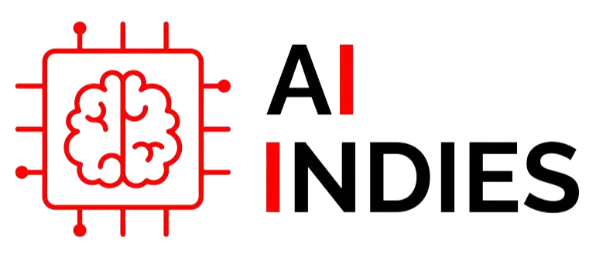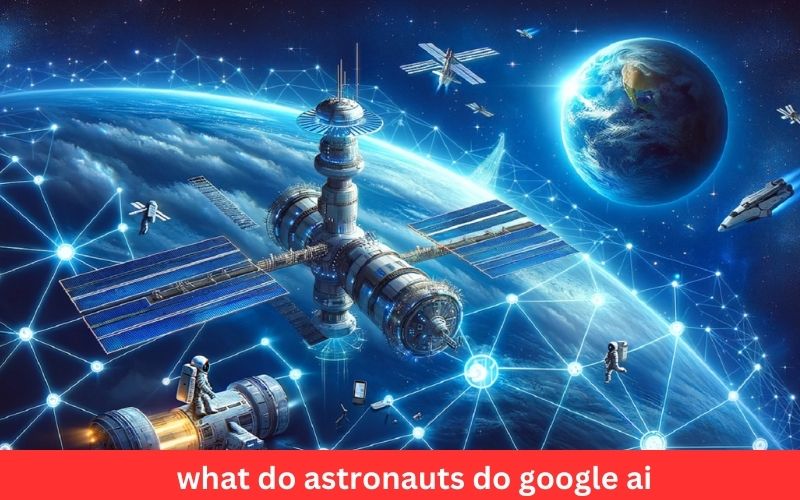what do astronauts do google ai: A Celestial Partnership
The realm of space exploration has always been a domain of human ingenuity and courage. However, the complexities and challenges of this frontier have necessitated innovative solutions. Enter artificial intelligence, a technological marvel that is rapidly transforming the way astronauts operate and achieve their objectives. Google AI, in particular, has emerged as a powerful ally for these celestial pioneers.
Data Analysis: The AI-Powered Astronaut’s Eye
Astronauts generate a colossal amount of data during their missions. From spacecraft systems to biological samples, the information is vast and intricate. Traditionally, analyzing this data was a time-consuming process. Google AI is changing this narrative. It empowers astronauts by swiftly processing and interpreting complex datasets. This enables them to identify patterns, anomalies, and trends that could be critical for mission success. For instance, AI can analyze sensor data to predict equipment failures, allowing astronauts to take preventive measures.
Medical Support: AI as a Space Doctor
The health of astronauts is paramount, especially in the isolated environment of space. Early detection and treatment of medical issues are crucial. Google AI is providing invaluable support in this domain. AI algorithms can analyze health data to identify potential health risks and suggest preventive measures. Furthermore, AI-powered telemedicine systems enable astronauts to consult with doctors on Earth in real-time, receiving expert advice and treatment recommendations.
Mission Planning and Optimization: AI as the Space Navigator
Efficient mission planning is essential for optimizing resources and maximizing scientific returns. Google AI is revolutionizing this process. By analyzing vast amounts of data, including terrain maps, weather patterns, and spacecraft capabilities, AI can generate optimal mission plans. It can even simulate different scenarios to assess potential risks and develop contingency plans. This enables astronauts to focus on critical tasks while AI handles the complexities of mission logistics.
Human-AI Collaboration: The Future of Space Exploration
It’s important to emphasize that AI is not replacing astronauts; it’s augmenting their capabilities. The future of space exploration lies in a harmonious collaboration between humans and AI. Astronauts bring their expertise, intuition, and problem-solving skills, while AI provides data-driven insights, automation, and support. This partnership is essential for overcoming the challenges of space exploration and pushing the boundaries of human knowledge.
Data Analysis: The AI-Powered Astronaut’s Eye
Astronauts generate a colossal amount of data during their missions. From spacecraft systems to biological samples, the information is vast and intricate. Google AI empowers astronauts by swiftly processing and interpreting complex datasets. This enables them to identify patterns, anomalies, and trends crucial for mission success. For instance, AI can analyze sensor data to predict equipment failures, allowing astronauts to take preventive measures.
Medical Support: AI as a Space Doctor
The health of astronauts is paramount in the isolated environment of space. Google AI aids in early detection and treatment of medical issues. AI algorithms analyze health data to identify potential risks and suggest preventive measures. what do astronauts do google ai? Additionally, AI-powered telemedicine systems enable real-time consultations with Earth-based doctors, providing expert advice and treatment recommendations.
Mission Planning and Optimization: AI as the Space Navigator
Efficient mission planning is essential for optimizing resources and maximizing scientific returns. Google AI revolutionizes this process by analyzing data to generate optimal mission plans and simulate different scenarios to assess risks. This empowers astronauts to focus on critical tasks while AI handles complex logistics.
Equipment Maintenance and Repair: AI as the Space Engineer
Spacecraft equipment is subjected to extreme conditions, increasing the risk of malfunctions. Google AI can monitor equipment performance, predict failures, and provide step-by-step guidance for repairs. This reduces downtime and enhances mission reliability.
Communication Enhancement: AI as the Space Linguist
Effective communication is vital for mission success. Google AI can translate languages in real-time, facilitating collaboration between international crews. Additionally, AI can analyze communication patterns to identify potential conflicts or misunderstandings, promoting teamwork and efficiency.
Emergency Response: AI as the Space Protector
Unforeseen emergencies can arise in space. Google AI can analyze data from various sensors to detect anomalies and predict potential hazards. It can also develop optimal evacuation plans and coordinate rescue efforts, increasing the chances of astronaut survival.
Scientific Discovery: AI as the Space Researcher
Space exploration is driven by scientific discovery. Google AI can analyze vast datasets to identify patterns and correlations that humans might overlook. This accelerates the pace of scientific research and contributes to new breakthroughs.
Habitability Assessment: AI as the Space Surveyor
Exploring celestial bodies for potential human habitation requires assessing environmental conditions. Google AI can analyze data on factors like radiation levels, temperature, and resource availability to identify habitable zones and plan for long-term human presence.
Conclusion
Google AI is undeniably transforming the landscape of space exploration. By assisting astronauts in data analysis, medical support, and mission planning, AI is enhancing efficiency, safety, and the overall success of space missions. As technology continues to advance, we can anticipate even more groundbreaking applications of AI in this field. The collaboration between humans and AI is not just shaping the future of space exploration; it’s defining a new era of human achievement.




